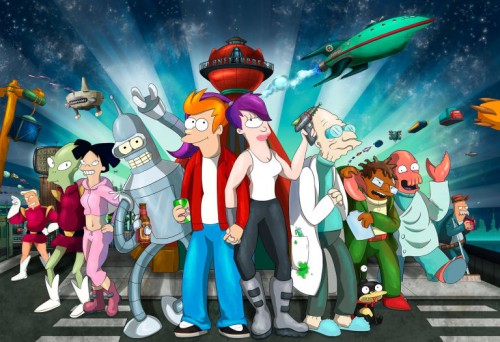If there are only a few roles that are essential to any event, it’s those of the caterer and the planner. The caterer ensures that everyone gets fed with the right meals while the planner coordinates everything else. When everyone is in harmony, the coordination is seamless and everything is done as it should be. However—what happens when there’s discord between the caterer and planner?
Rather than let your differences get in the way of the client’s event, it’s important to work together to put together the best event possible.
 Successful communication
Successful communication
First and foremost, communication is key as it is in all aspects of event management. Events involve a lot of moving pieces, so it is essential that the planner and caterer are in constant communication to avoid any slip-ups. Nobody wants dinner to be served as the couple enters the reception, just as they don’t want the dancing to start when they’re in the middle of their meal.
However, it’s not just day-of communication that’s important. The event planning process is a lengthy one and can take up to a year or more. Both planners and caterers can make this easier on themselves by being accessible along the way to the big day. Remember—everyone is on the same team and it’s important to put any differences aside in order to ensure that the event meets all of the client’s needs.
Communication is not just about being available, though; it’s about being a useful resource and answering questions to help the other party. If you don’t have the answer on hand, find it or refer them to someone who can answer their questions.
A best practice to instill in your operations is to have a vendor meeting early on in the planning process. That way, everyone knows one another and can discuss the overall vision for the client’s event. You can also determine the preferred method of communication for one another. While there is no best way to communicate, email is generally used as the quickest form of communication whereas phone or Skype calls are great for in-depth meetings to discuss plans in detail.
In addition to putting on a client’s dream event, building mutually beneficial relationships with one another will open up your company to vendor referrals from other professionals – something that is invaluable in the event industry! Just remember to be respectful and professional. Your participation in the event reflects your brand, so be sure to stick to your values and act in accordance with the way you want your company to be viewed!
Jennifer Taylor is the owner of Taylor’d Events Group, a planning firm that specializes in celebrations of all kinds in the Pacific Northwest and Maui. She is also the creator of The Taylor’d Plan, a self-administered class for wedding planners who are new to the industry and looking to grow and develop their skills.



